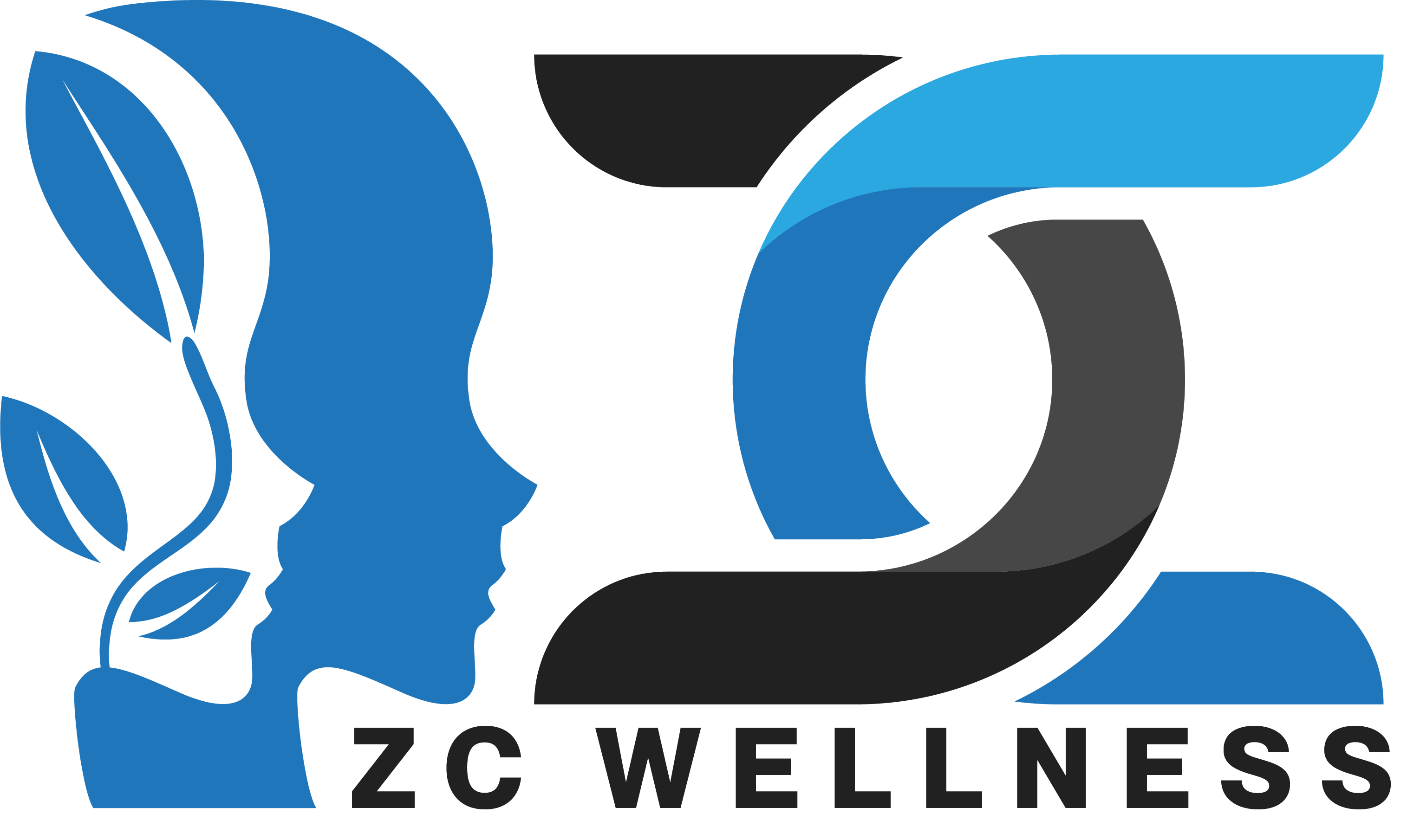
Depression is a serious mental health condition that affects various aspects of an individual’s daily life. It is more than just experiencing occasional sadness; depression can lead to a pervasive sense of emptiness, hopelessness, and a lack of interest in activities once enjoyed. This condition can disrupt daily routines, affecting work performance, social interactions, and overall functioning. Individuals may experience significant changes in sleep patterns, such as insomnia or excessive sleeping, as well as alterations in appetite, which can contribute to weight loss or gain.
The impact of depression extends beyond the individual, often straining relationships with family and friends. Loved ones may find it challenging to understand the depth of the person’s feelings, leading to potential misunderstandings and conflicts. This strain can further exacerbate feelings of isolation and loneliness, creating a cycle that is difficult to break without intervention.
Finding help for depression is crucial for managing and overcoming the condition. Professional assistance from a mental health specialist, such as a psychologist or psychiatrist, is often the first step. Therapy options, including Cognitive Behavioral Therapy (CBT) and interpersonal therapy (IPT), can help individuals address negative thought patterns and improve emotional regulation. Medication, such as antidepressants, may also be prescribed to help balance neurotransmitters and alleviate symptoms. Building a support network of friends, family, and support groups can provide additional emotional support and encouragement. Engaging in self-care practices, such as maintaining a balanced diet, regular exercise, and participating in enjoyable activities, can also play a significant role in improving mental health. Understanding the impact of depression and actively seeking treatment can empower individuals to take control of their mental health and work towards a more fulfilling life.
